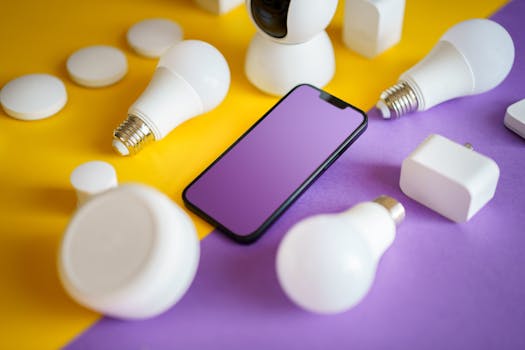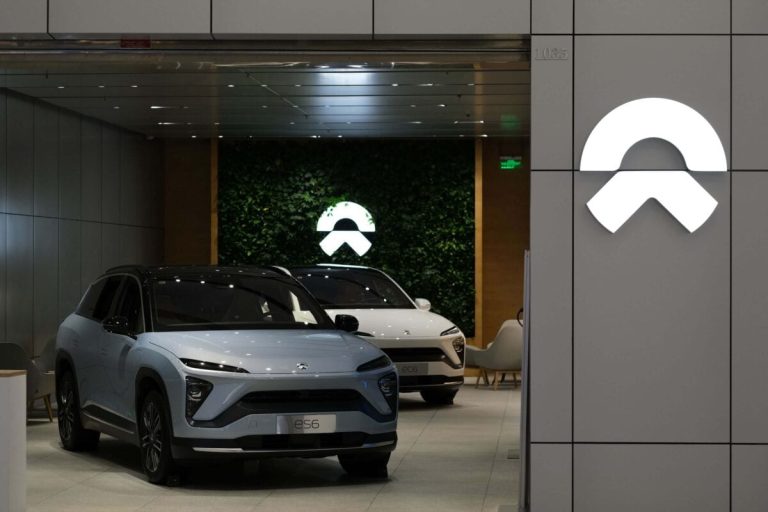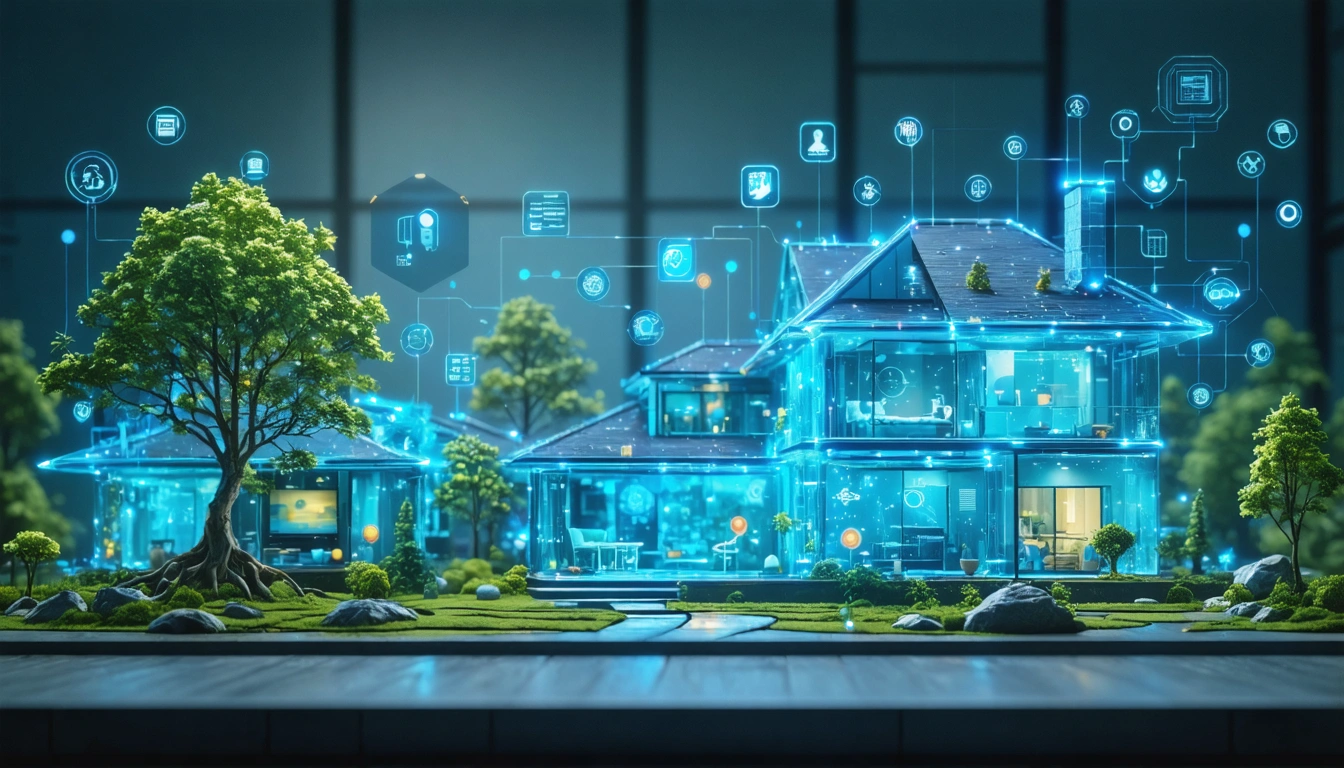
The Rise of Home Automation
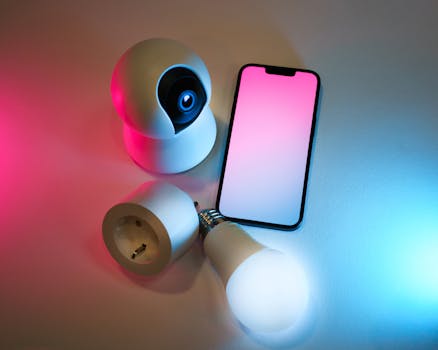
As we look forward to 2025, home automation is poised to become an integral part of our daily lives. The concept of a smart home has evolved significantly over the past few years, driven by advancements in technology and the Internet of Things (IoT). Home automation allows homeowners to control various aspects of their home environment, from lighting and heating to security systems and appliances, all through smart devices.
Integration of Smart Devices
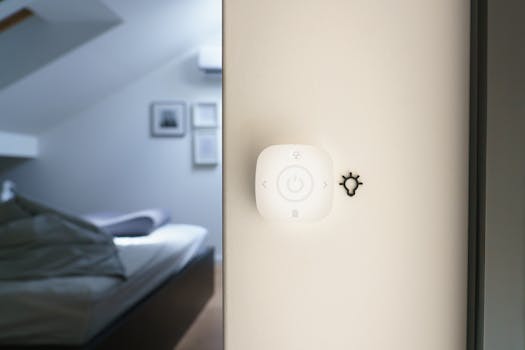
In 2025, we can expect a seamless integration of smart devices within the home. This means that various devices, such as smart thermostats, smart speakers, and smart security cameras, will communicate with each other to create a cohesive ecosystem. For instance, a smart thermostat will learn your preferences and adjust the temperature accordingly, while a smart speaker can be used to control other devices with voice commands. This level of integration not only enhances convenience but also contributes to energy efficiency, as systems work together to optimize power usage.
Enhanced Security Features
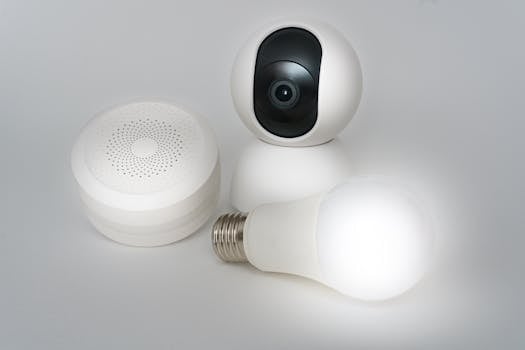
Security is a top priority for homeowners, and by 2025, smart home ecosystems will offer advanced security features that provide peace of mind. Smart locks that can be controlled remotely, security cameras that send alerts to homeowners in real-time, and motion sensors that activate lighting are just a few examples of how technology is enhancing home security. Moreover, artificial intelligence will play a crucial role in identifying potential threats and alerting homeowners, making our living spaces safer.
Energy Efficiency and Sustainability
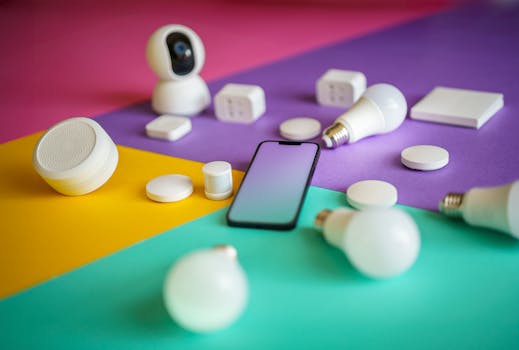
As climate change becomes an increasingly pressing issue, the role of smart homes in promoting energy efficiency and sustainability cannot be overstated. By 2025, smart home technology will allow homeowners to monitor and manage their energy consumption more effectively. Smart meters will provide real-time data on energy usage, enabling users to make informed decisions about their consumption. Additionally, smart homes will integrate renewable energy sources, such as solar panels, making them more sustainable and eco-friendly.
Conclusion

In conclusion, the future of home automation in 2025 promises to be exciting and transformative. As smart home ecosystems become more integrated, secure, and energy-efficient, homeowners will enjoy unparalleled convenience and peace of mind. Embracing these advancements not only enhances our quality of life but also contributes to a more sustainable future. As we move forward, it is essential to stay informed about the latest trends and technologies in home automation to make the most of our living spaces.
Sources
